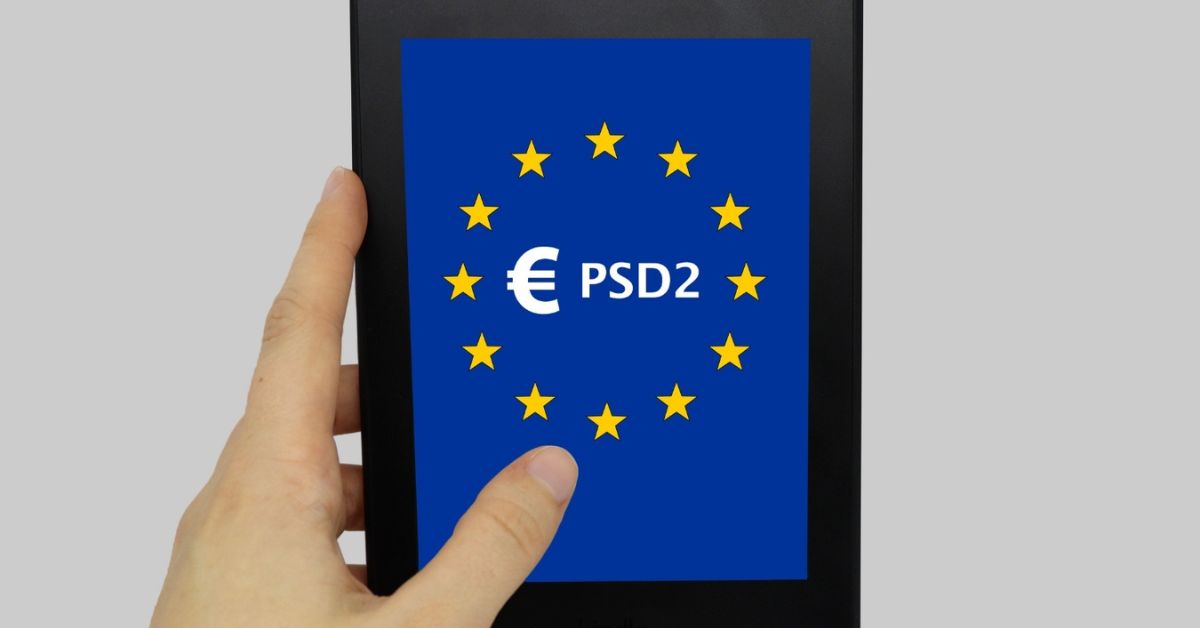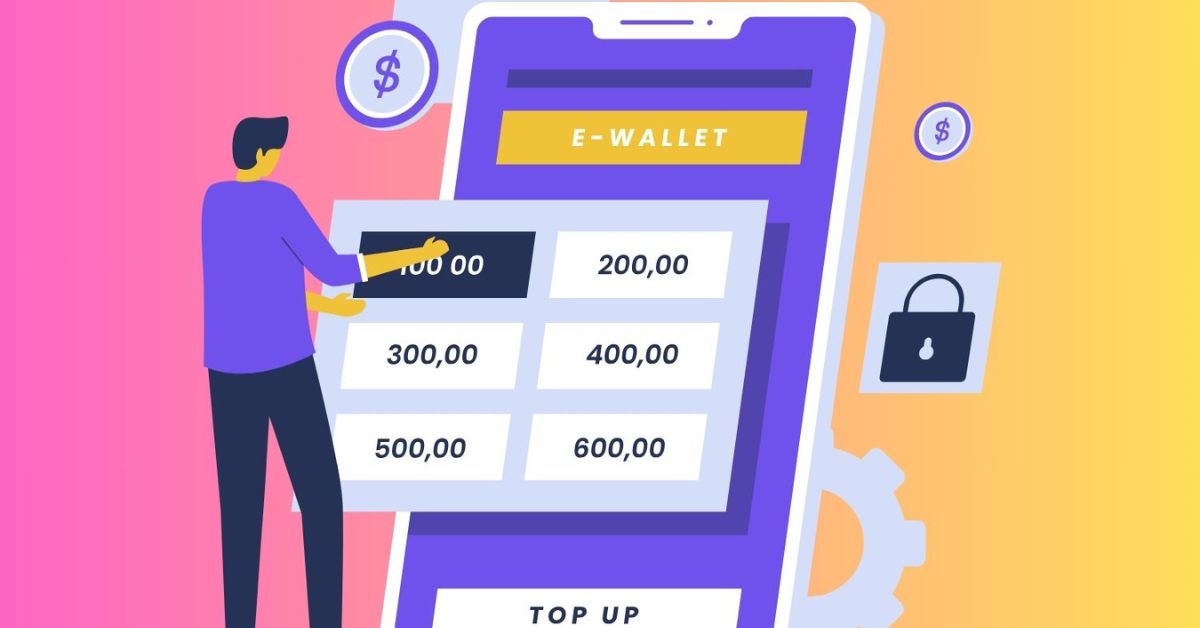Introduction
Managing debt effectively is a critical part of personal finance. Whether dealing with student loans, credit card balances, mortgages, or personal loans, managing debt wisely can help you control your finances, avoid overwhelming interest, and eventually achieve financial freedom. You can manage your debt, reduce financial stress, and work towards a secure financial future with the right strategies.
1. Create a Budget
The cornerstone of effective debt management is the creation of a realistic budget. This tool allows you to track your income and categorize your expenses, providing a clear roadmap for your financial journey. Start by listing all your sources of income, then break down your essential expenses such as housing, utilities, food, and debt payments. Understanding your financial landscape in this way enables you to identify areas where you might overspend and allocate more toward paying off debt.
2. Prioritize High-Interest Debt
High-interest debt, such as credit card balances, can increase if left unchecked. To avoid paying excessive interest, focus on paying off high-interest debt first. This is known as the avalanche method. Pay the minimum on lower-interest debts while channeling extra funds toward the highest-interest balances. This method minimizes the total interest you pay over time, allowing you to eliminate debt faster.
3. Consider Debt Consolidation
If you’re juggling multiple debts, consolidating them into a single loan with a lower interest rate could simplify your repayment process. Debt consolidation helps you manage your payments more efficiently, reduces your overall interest rate, and can accelerate your debt payoff. However, it’s essential to research carefully, understand the terms and fees, and ensure consolidation makes sense for your financial situation.
4. Cut Unnecessary Expenses
Look for opportunities to cut unnecessary spending to maximize your ability to pay off debt. Evaluate your budget to see where you can reduce or eliminate non-essential costs. This could include canceling unused subscriptions, dining out less frequently, or cutting down on entertainment expenses. The money you save from these changes can then be redirected toward your debt repayments, speeding up your progress.
5. Stick to Your Plan
Consistency is the key to successful debt management. Stick to your repayment plan and avoid accumulating new debt unless necessary. Staying motivated by celebrating small milestones, such as paying off a credit card or reducing a loan balance, is also essential. These victories will help you maintain momentum and remain committed to your financial goals.
Conclusion
Effectively managing debt requires discipline, planning, and a long-term commitment. By creating a budget, prioritizing high-interest debts, considering consolidation, cutting unnecessary expenses, and sticking to a structured repayment plan, you can regain control of your finances and work toward achieving financial freedom. While the journey may take time, the relief and peace of mind that come with being debt-free are invaluable. These steps will not only reduce financial stress but also pave the way for a more secure and prosperous economic future.
#PersonalFinance #DebtManagement #FinancialFreedom #DebtFreeJourney #BudgetingTips #MoneyManagement #FinanceGoals #DebtConsolidation #SmartSpending #FinancialSuccess #DebtRepayment #MoneyTips #DebtFreeLiving
Categories



